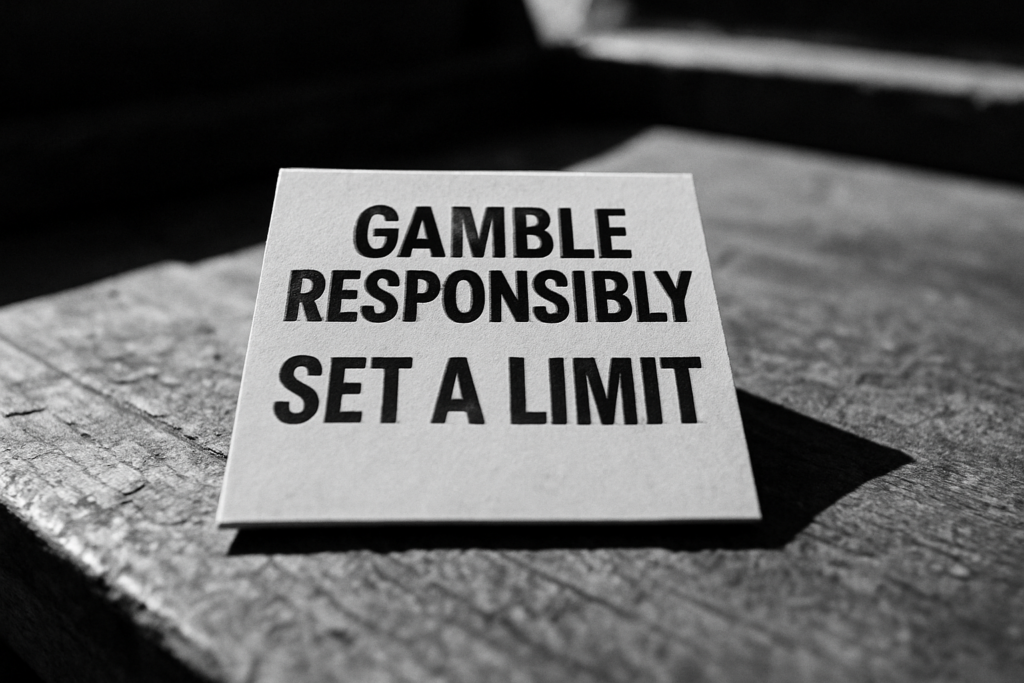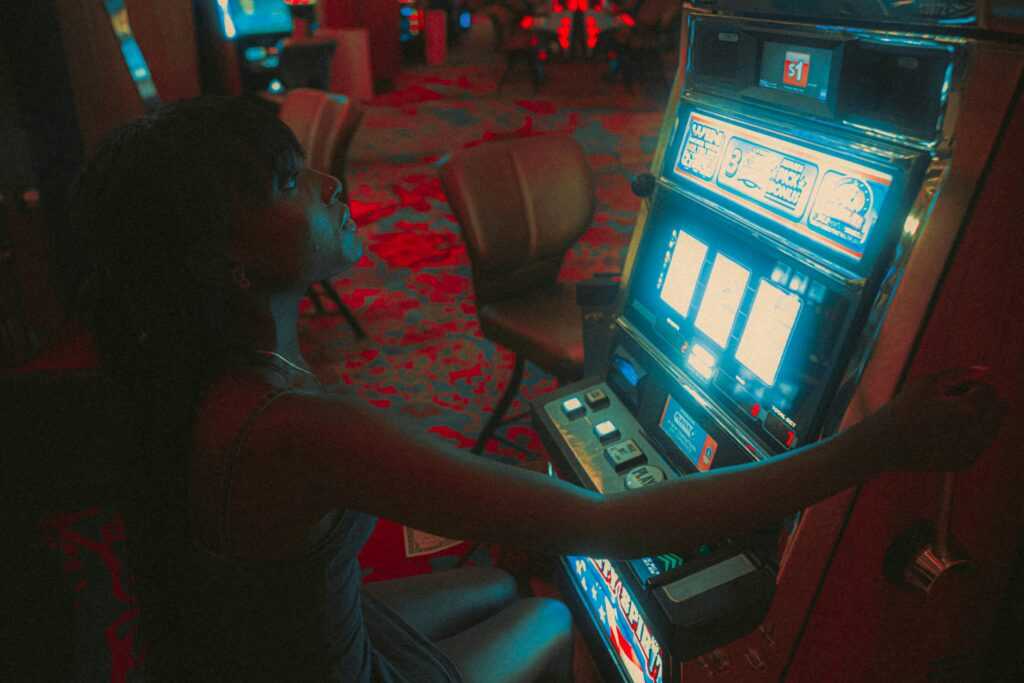Know Your Budget Before You Play
Before you even place a single bet, figure out how much money you can afford to lose. Not just what you hope to win what you can walk away from without regret. That number is your total bankroll. It’s not your rent, your savings, or that emergency fund you keep swearing you’ll build. It’s disposable, fun only cash.
Next, split that bankroll into smaller chunks for each session. Maybe it’s what you’ll spend tonight. Maybe it’s your weekly cap. Either way, having a ceiling for each session helps you keep things in check. When it’s gone, you’re done. No reaching into the rest of your wallet to keep the game going.
Above all, reframe the money you gamble as the cost of entertainment. Like buying a concert ticket or a movie night. If a few hours of slots or blackjack is worth $50 to you, fine. But don’t treat gambling as a side hustle or a backup plan. It’s not income it’s play money. And the smartest players never forget that.
Time Management Is Key
Gambling without a plan is a quick way to lose more than money it can drain your energy, your focus, and your judgment. One simple fix? Use a timer. Set a clear play window before you start, whether it’s 30 minutes or an hour. When the alarm goes off, walk away. No extensions. No “just five more minutes.”
Marathon sessions are where the cracks show. Fatigue doesn’t just dull your edge it leads to choppy decision making and riskier bets. Most people don’t realize they’re tilting until they’re already behind.
Short breaks can reset your brain. Get some air. Drink water. Stretch. Even five minutes away from the screen or table can help you return with better perspective and clearer thinking.
The bottom line: play with structure, not impulse. Your time matters as much as your money.
Use Casino Tools to Your Advantage
Most online platforms aren’t just there to take your money they actually offer some solid tools to help you manage risk. The catch? You have to use them.
Start by checking the settings on your gambling account. Look for built in features like deposit limits, loss caps, wager ceilings, and session timers. These settings force a bit of structure on your play and make it easier to step back before things spiral.
There’s also the nuclear option: self exclusion. You can block yourself from playing for a set period of time days, weeks, even months. It’s not a sign of weakness. It’s a smart move when you feel things getting out of hand.
Cooling off periods work the same way but allow for shorter breaks. Either way, these tools exist for a reason. They’re not just fine print they’re lifelines for staying disciplined.
Keep Emotions in Check

When gambling, emotions can cloud judgment fast. One of the most common traps is chasing losses doubling down because you’re sure the next hand or spin will make everything right. That thinking leads to deeper losses and even worse decisions. Instead, win or lose, stick to your preset limits. Period.
Another red flag: using gambling to escape stress, anxiety, or financial pressure. That’s a quick path to unhealthy habits. If you’re turning to games or bets to numb out or fix problems, stop. It’s not going to help in fact, it’ll probably add more to the pile.
Frustrated? Feeling impulsive? Walk away. Take a breather. You’re in control only if you choose to step back when your emotions start making the calls. Gambling is meant to be entertainment. If it feels like something else, it’s time to reassess.
Track Your Play, Honestly
One of the simplest tools to keep your gambling in check is a play log. Doesn’t have to be fancy a notebook, spreadsheet, or note on your phone works. Just record your sessions: how long you played, how much you spent, how much came back. Wins and losses, even the small ones.
Why bother? Because memory lies. Logging makes patterns obvious. Maybe you always lose more after midnight. Maybe you start chasing bets after an early loss. Triggers, habits, slip ups it’s all easier to see once it’s written down.
This isn’t just about control. It’s about making informed choices. When you know your data, you gamble smarter not harder. And if the numbers make you uncomfortable, that’s a signal worth hearing.
Learn From Responsible Bettors
Smart gamblers don’t rely on hunches they rely on limits, math, and self control. Winning isn’t about luck. It’s about knowing the game, understanding your odds, and recognizing that the house always has the edge.
Serious bettors study probabilities. They know that a 95% payout isn’t the same as breaking even and that short term wins don’t erase long term losses. They also know when to walk away, not because they’re losing, but because they’ve hit their limits for time, money, or energy.
Discipline beats impulse every time. So whether you’re picking a slot, a sports spread, or a blackjack table, do your homework. Ask: What’s the house edge? What’s my break even point? And most of all what’s my plan if things don’t go my way?
Read more here: responsible betting tips.
Final Thoughts: Stay in Control, Always
At its best, gambling is entertainment. A night out, a little buzz, a fun chance to test your luck. But the moment it starts to feel like pressure or worse, desperation it’s time to step back. Stress, guilt, and chasing losses aren’t part of a healthy game plan.
If you’re pushing past your own limits blowing the budget you set, ignoring time caps, or feeling tempted to bet your way out of a hole that’s your signal. Not a red flag for later, but a stop sign for now. Hit pause. Check in with yourself.
Responsible gambling isn’t about never playing. It’s about staying in charge of how, when, and why you do. If you want to sharpen your approach or get more tools to keep things balanced, explore these responsible betting tips. Smart play isn’t just good strategy it’s peace of mind.


 Steven Alfonso – Senior Gambling Analyst
Steven Alfonso serves as the Senior Gambling Analyst at Gamble Wise Roll, bringing a wealth of industry knowledge and analytical expertise to the platform. With a background in gaming economics and market research, Steven delves into the latest trends shaping the gambling world, from emerging skill-based betting opportunities to regulatory shifts and technological advancements. His in-depth reports provide a comprehensive look at how the industry is evolving, offering valuable insights for both casual players and seasoned professionals. Passionate about data-driven decision-making, Steven ensures that Gamble Wise Roll remains at the forefront of industry analysis, helping readers understand the risks, opportunities, and strategies that define modern gambling.
Steven Alfonso – Senior Gambling Analyst
Steven Alfonso serves as the Senior Gambling Analyst at Gamble Wise Roll, bringing a wealth of industry knowledge and analytical expertise to the platform. With a background in gaming economics and market research, Steven delves into the latest trends shaping the gambling world, from emerging skill-based betting opportunities to regulatory shifts and technological advancements. His in-depth reports provide a comprehensive look at how the industry is evolving, offering valuable insights for both casual players and seasoned professionals. Passionate about data-driven decision-making, Steven ensures that Gamble Wise Roll remains at the forefront of industry analysis, helping readers understand the risks, opportunities, and strategies that define modern gambling.
